Software as a Service – Concept and Tax Treatment from the Global Perspective

Software as a Service, or simply SaaS, is a form of software delivery that simplifies the user experience. Hosted by a third-party provider, SaaS applications are available to customers over the Internet, eliminating the need to purchase and install software on individual computers or servers.
One of the key advantages of SaaS is its user-friendly nature. Users can access the software via a web browser, making it a convenient and straightforward solution. SaaS is typically offered on a subscription basis, with users paying a recurring fee to access the service.
Emerging around the early 2000s, SaaS became the predominant method for deploying software applications. With this growth and expansion, governments worldwide and SaaS providers faced new challenges, including tax treatment.
Key Tax Considerations for SaaS Providers
When discussing SaaS, we consider Netflix, Google Workspace apps, HubSpot, and similar examples. All these companies and many other SaaS providers must consider a few key tax implications that significantly impact the tax treatment of digital services.
General tax principles applicable to SaaS include classifying the service, determining the place of supply, and applying indirect taxes such as value-added tax (VAT), goods and services tax (GST), and sales tax.
VAT, GST, and sales tax applications depend on factors such as the location of the SaaS provider and the customer and whether the service is classified as a digital product or service. Additionally, some countries impose withholding taxes on payments made for digital services, including SaaS. These taxes ensure that revenue generated by foreign companies from local customers is subject to local taxation.
Furthermore, SaaS providers operating in multiple countries must consider whether their activities create additional tax obligations. Finally, SaaS providers must consider different thresholds regarding the obligations to register for tax purposes set by each country.
Global Tax Perspectives
The tax treatment of SaaS varies significantly across jurisdictions, reflecting the complexity of digital service taxation and contributing to SaaS providers' challenges regarding tax compliance.
Saas Sales Tax in the United States
In the US, there is no nationwide definition for SaaS, meaning every state has its definitions for these services and rules regarding sales and use tax, as well as local and district taxes. While some states, like Arizona, consider SaaS a service, others, like Texas, consider SaaS as part of a data processing service. In Washington State, SaaS is considered tangible software and thus taxable. On the other hand, in Iowa, SaaS is taxable, except when used for business purposes.
SaaS providers should track which US states they sell their products in and check what rules apply in those states. It is notable that SaaS is still not taxable in some states, like Colorado. Nevertheless, the federal and state Courts constantly issue opinions and decisions regarding tax treatment, creating new regulations for SaaS providers to comply with.
For a detailed overview, please refer to our Guide to SaaS Taxability by State in the USA.
SaaS GST in Canada
In Canada, SaaS is generally subject to taxation. However, specific tax regulations regarding which tax and what rate apply vary between provinces.
The Canadian taxation landscape includes federal GST and Provincial Sales Tax (PST), applicable in some provincial jurisdictions. Nevertheless, not all provinces have this PST. Some, like Québec, have Québec Sales Tax (QST), while Manitoba has Retail Sales Tax (RST). Additionally, five provinces, New Brunswick, Newfoundland and Labrador, Ontario, Prince Edward Island, and Nova Scotia, harmonized their PTS with the GST to create a Harmonized Sales Tax (HST).
SaaS VAT in the European Union (EU)
Following the rules set by the EU VAT Directive, SaaS falls under the scope of electronically supplied services (ESS), which means that it is subject to VAT. For VAT purposes, the place of supply of SaaS is determined based on the customer's location. This rule ensures that VAT is charged according to the VAT rate applicable in the customer’s country rather than the supplier’s country.
The exception to this rule is B2B transactions when a reverse charge mechanism is applied. In this situation, the supplier does not charge VAT, and the customer accounts for it in their own country at their local VAT rate.
SaaS providers must pay attention to the rules regarding the place of supply to know in which Member State (MS) they must collect and remit VAT. To help businesses comply with these VAT rules, the EU introduced the Mini One Stop Shop (MOSS) system in 2015 and enabled a single registration for all MS in which the VAT is due. This system was extended in 2021 and became the One Stop Shop (OSS) system, further defining the VAT landscape.
SaaS Tax Implications in India
Digital services, including SaaS, are classified in India under a unique name: Online Information Database Access and Retrieval Services, or OIDAR. According to the GST rules, SaaS is taxable at an 18% rate, whereas foreign SaaS providers must register for GST regardless of turnover.
Conclusion
As SaaS continues to grow and evolve and more countries implement rules for digital services, addressing these tax obligations is crucial for SaaS providers to operate efficiently and legally across multiple jurisdictions.
Some of the most important things that SaaS providers should pay attention to in order to comply with various rules are correctly determining where their customers come from, understanding different legal terms and classifications of SaaS, and understanding applicable types of taxes and rates.
Source: The Alabama Department of Revenue, Washington State Department of Revenue, Iowa Department of Revenue, Colorado Department of Revenue, Finance and Treasury Board, Texas Comptroller, Government of Canada, EU VAT Directive, EU Implementing Regulation No 282/2011, Indian GST Tax Council

Featured Insights

Burkina Faso FEC E-Invoicing Mandatory July 2026
🕝 February 24, 2026More News from World
Get real-time updates and developments from around the world, keeping you informed and prepared.
-e9lcpxl5nq.webp)





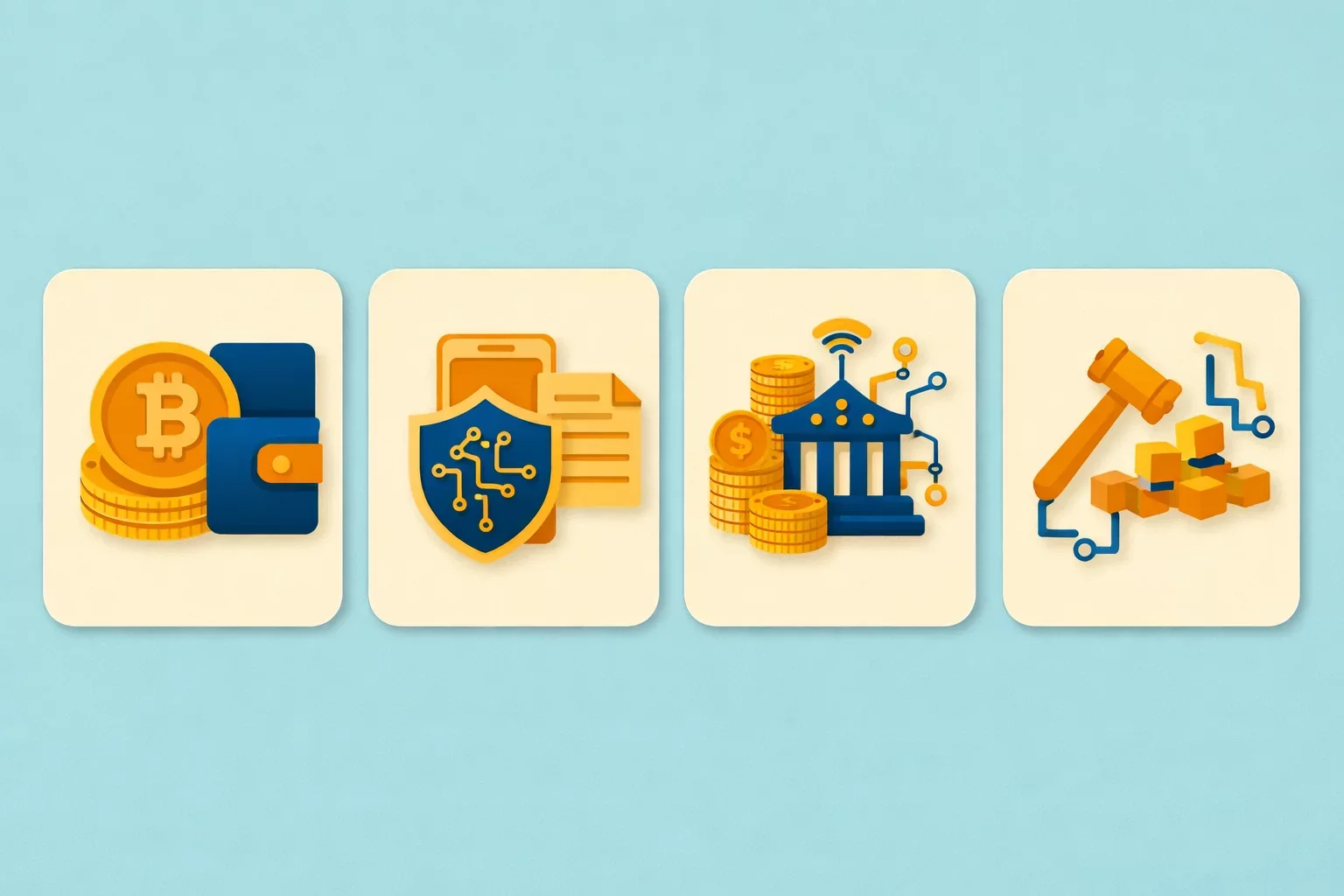
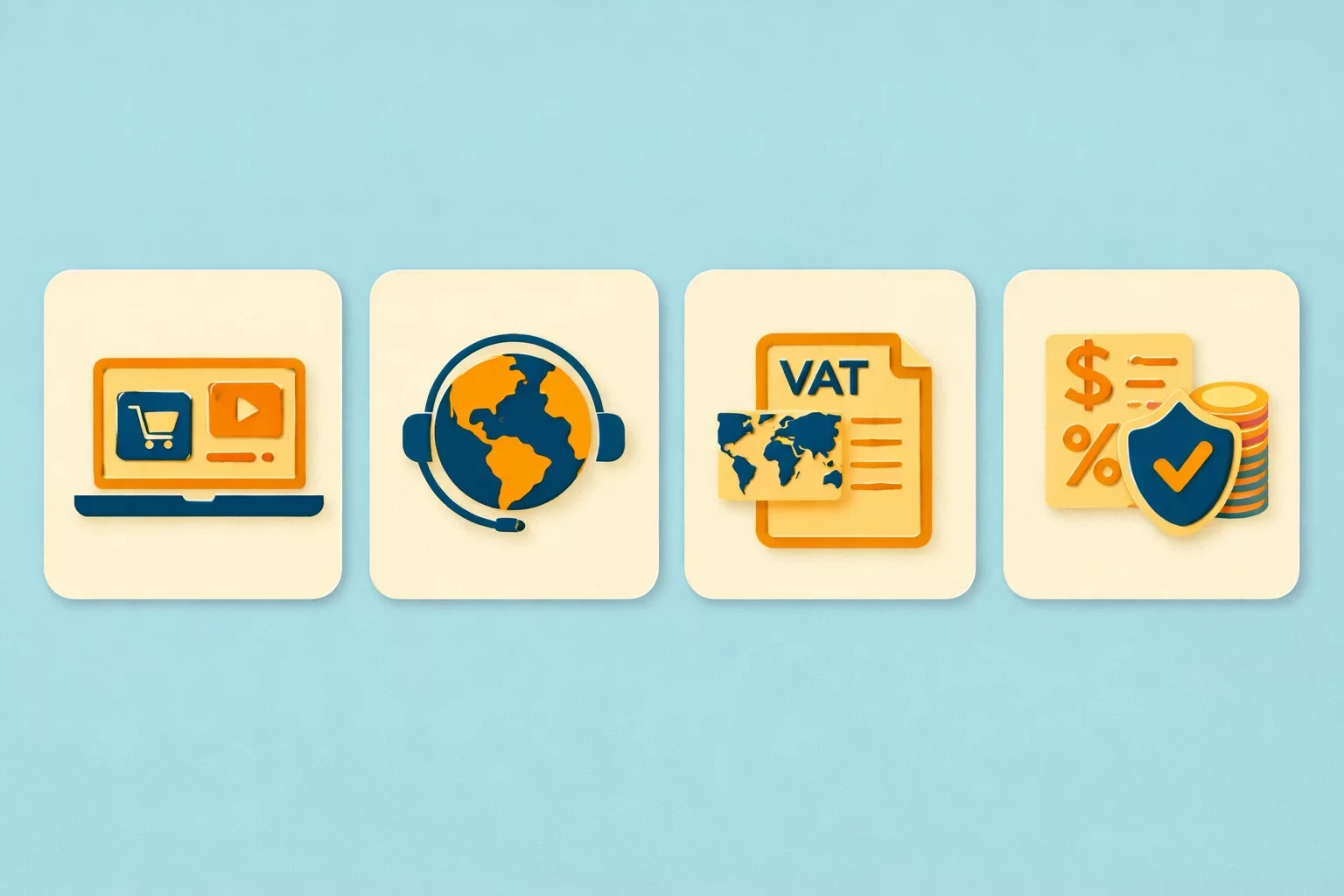
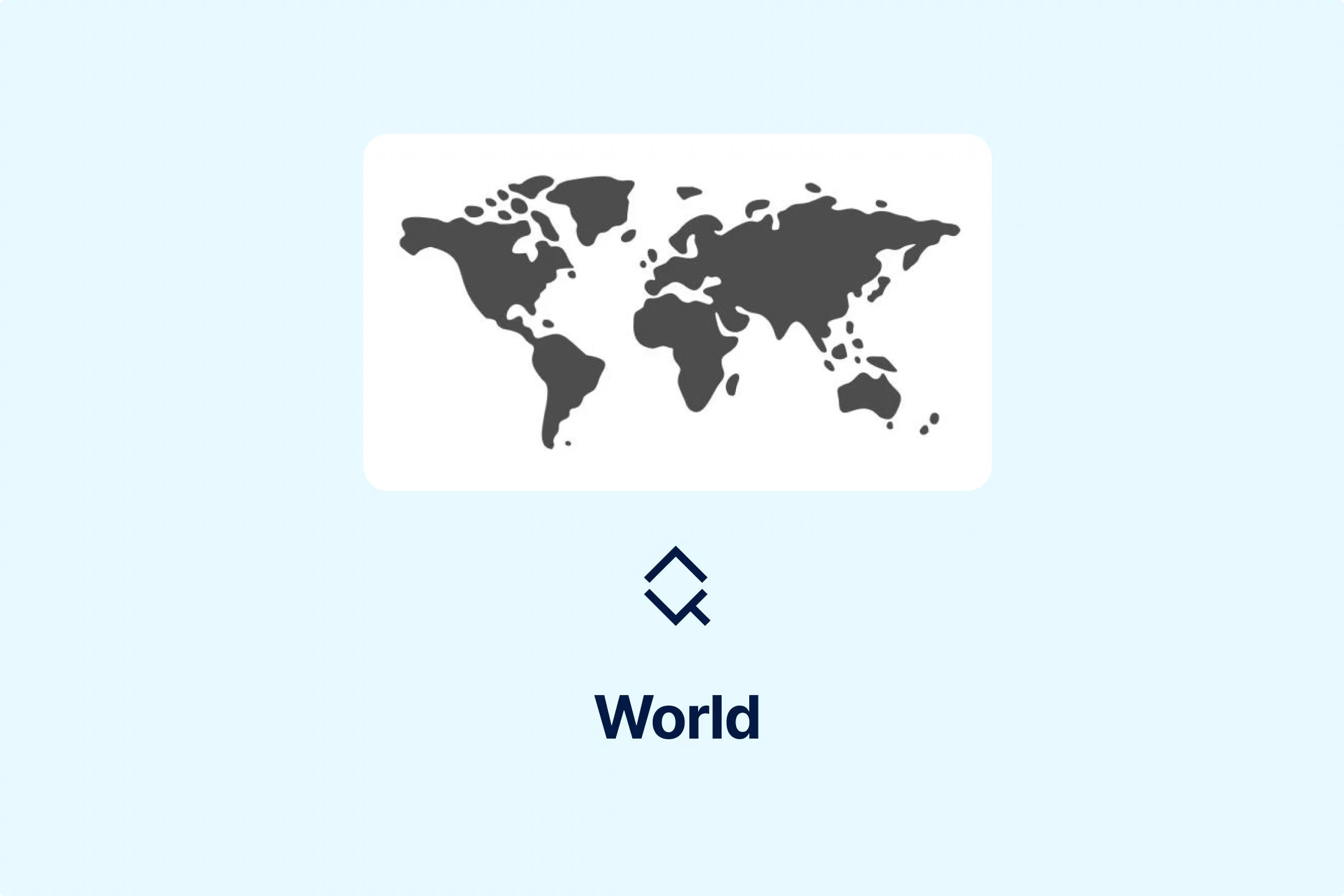
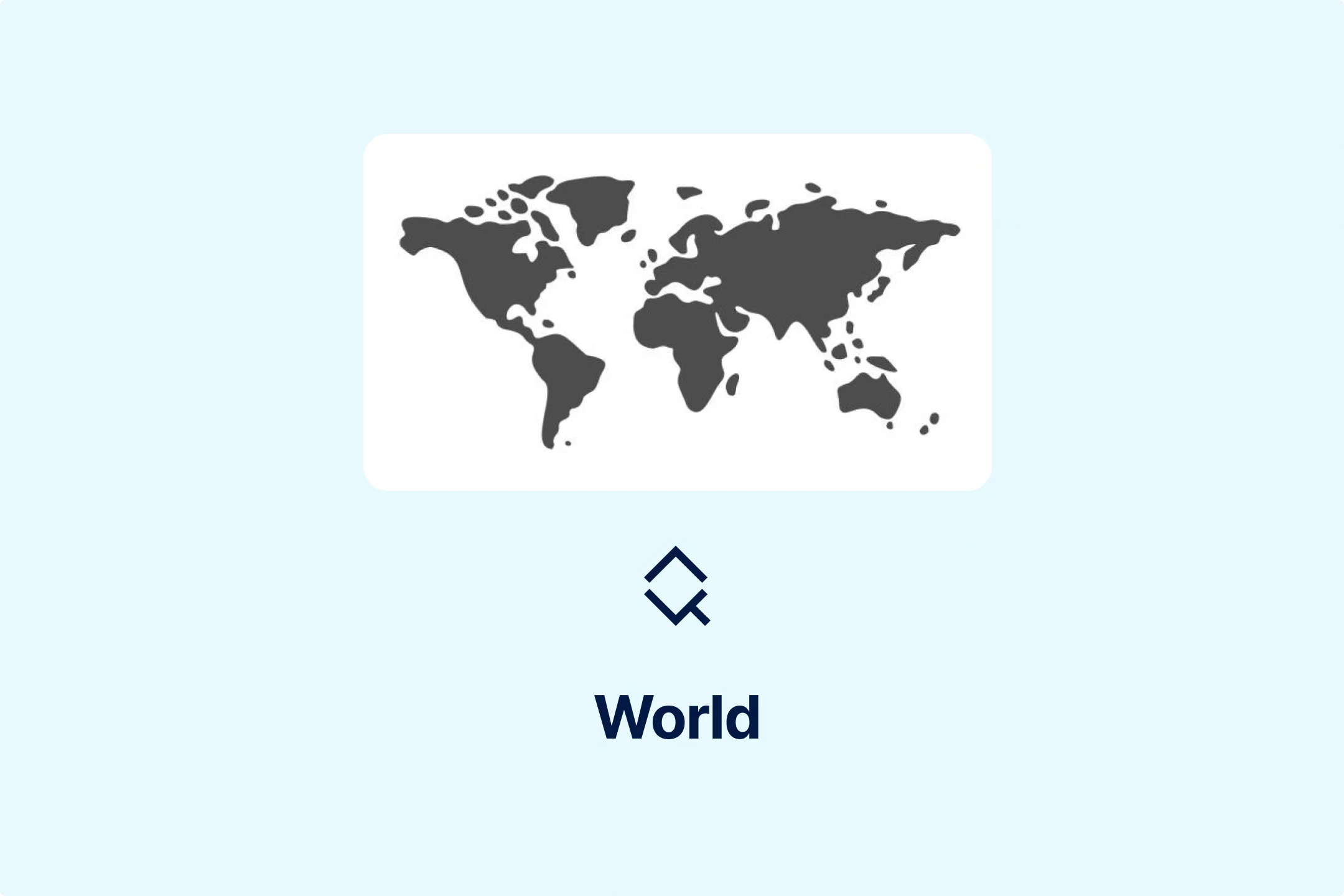
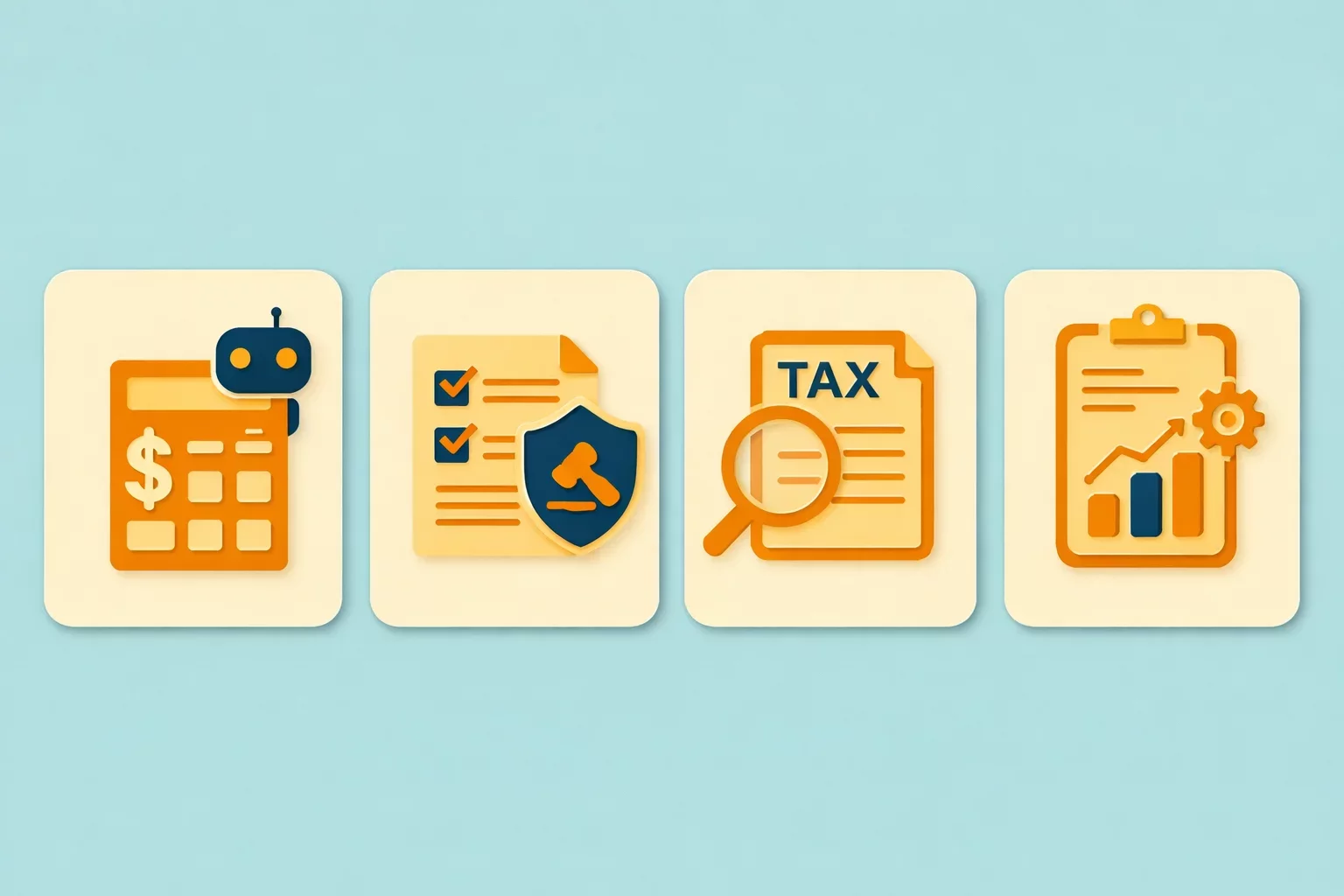


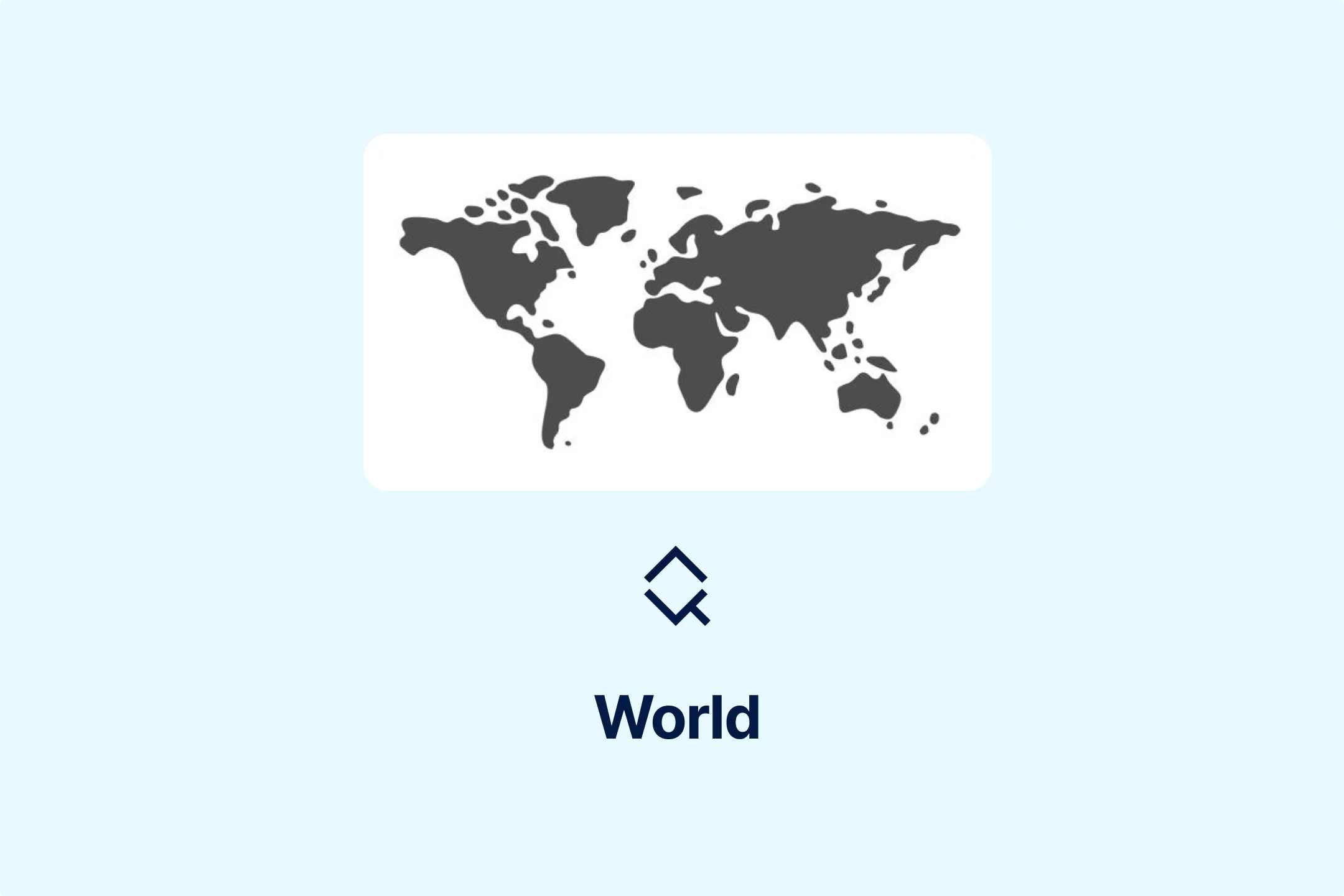
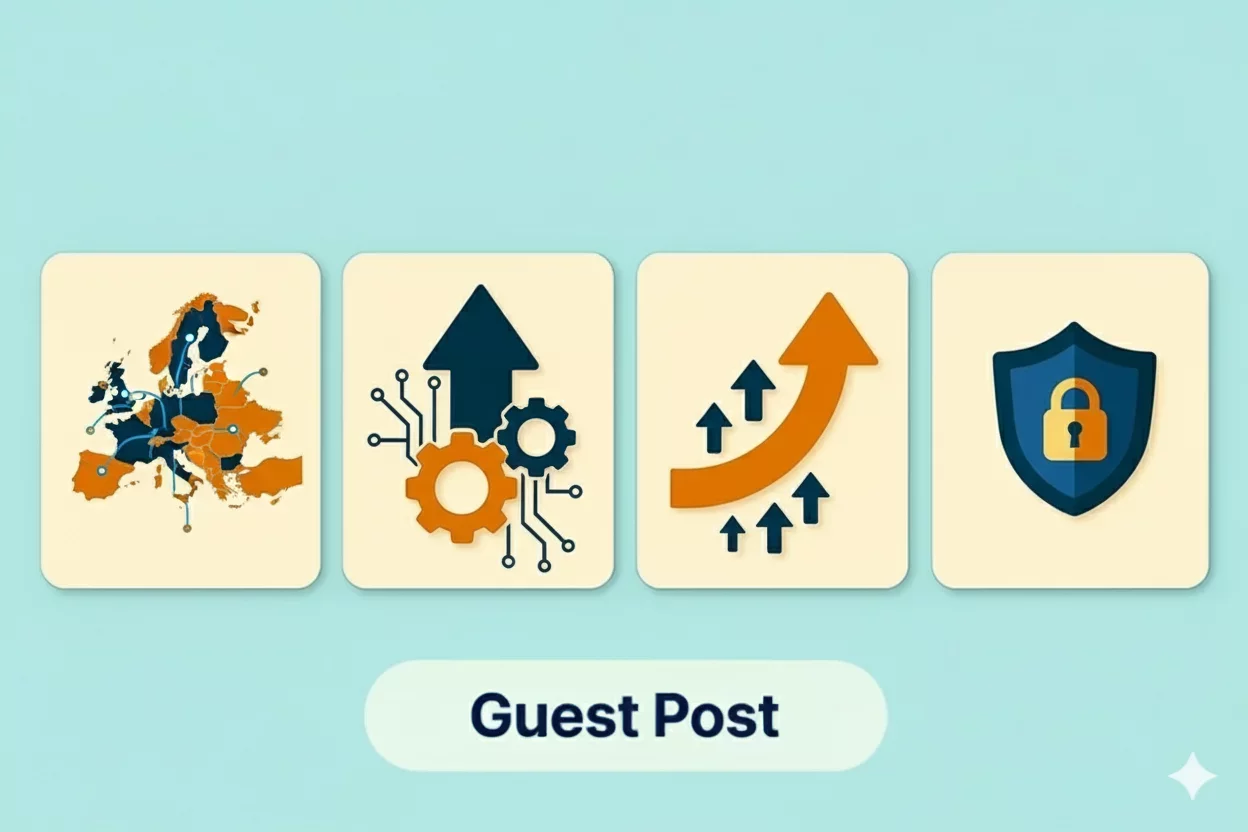

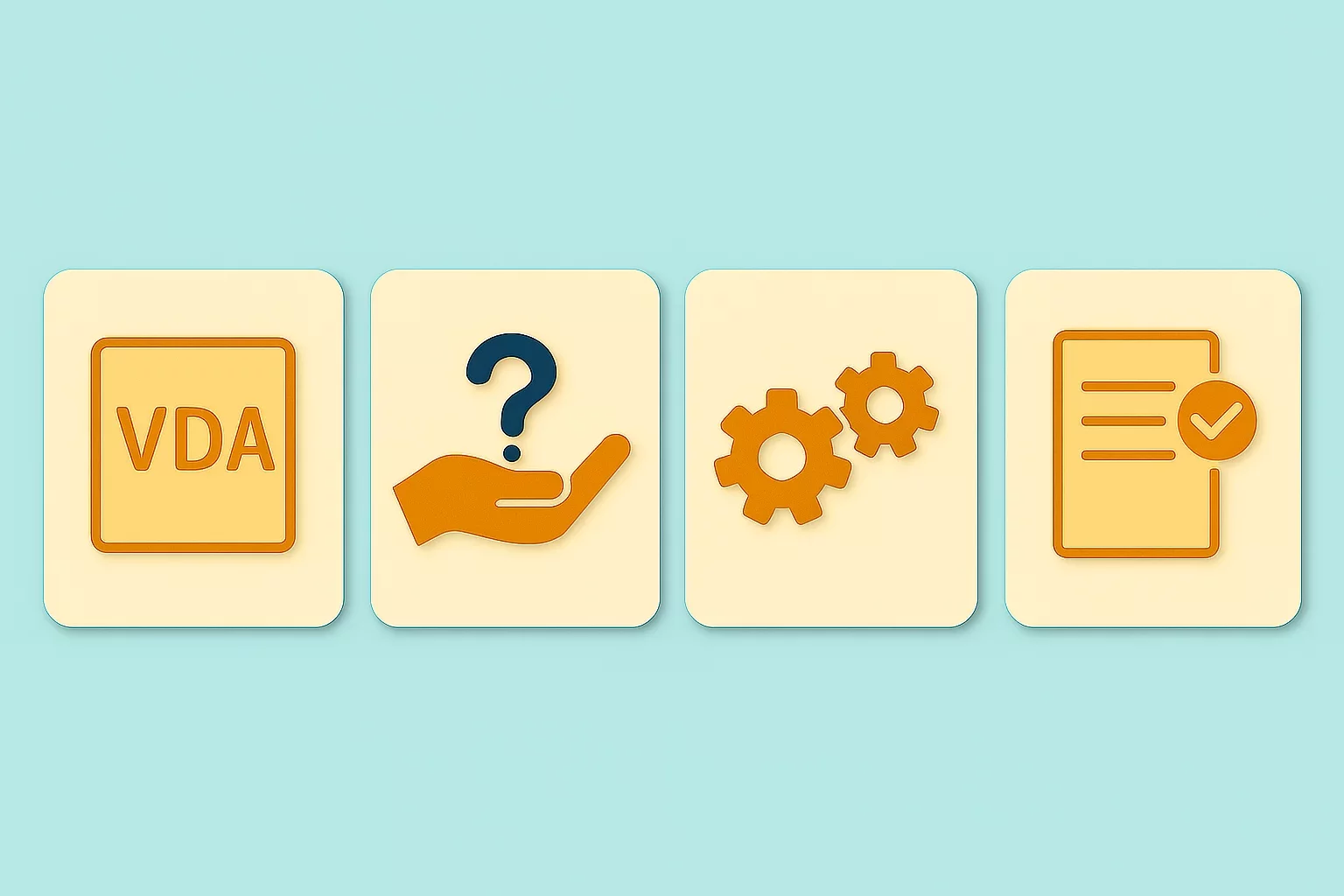


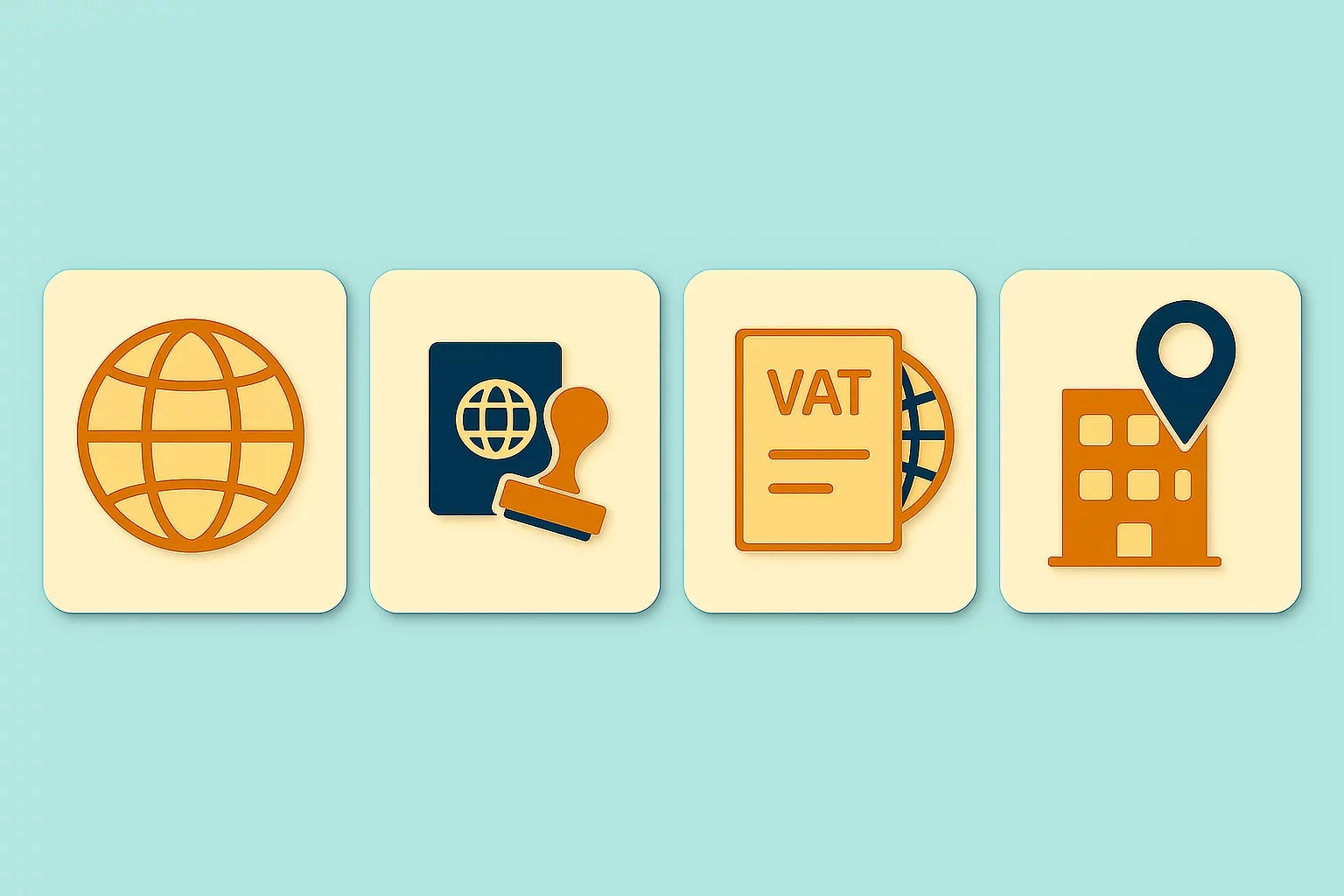

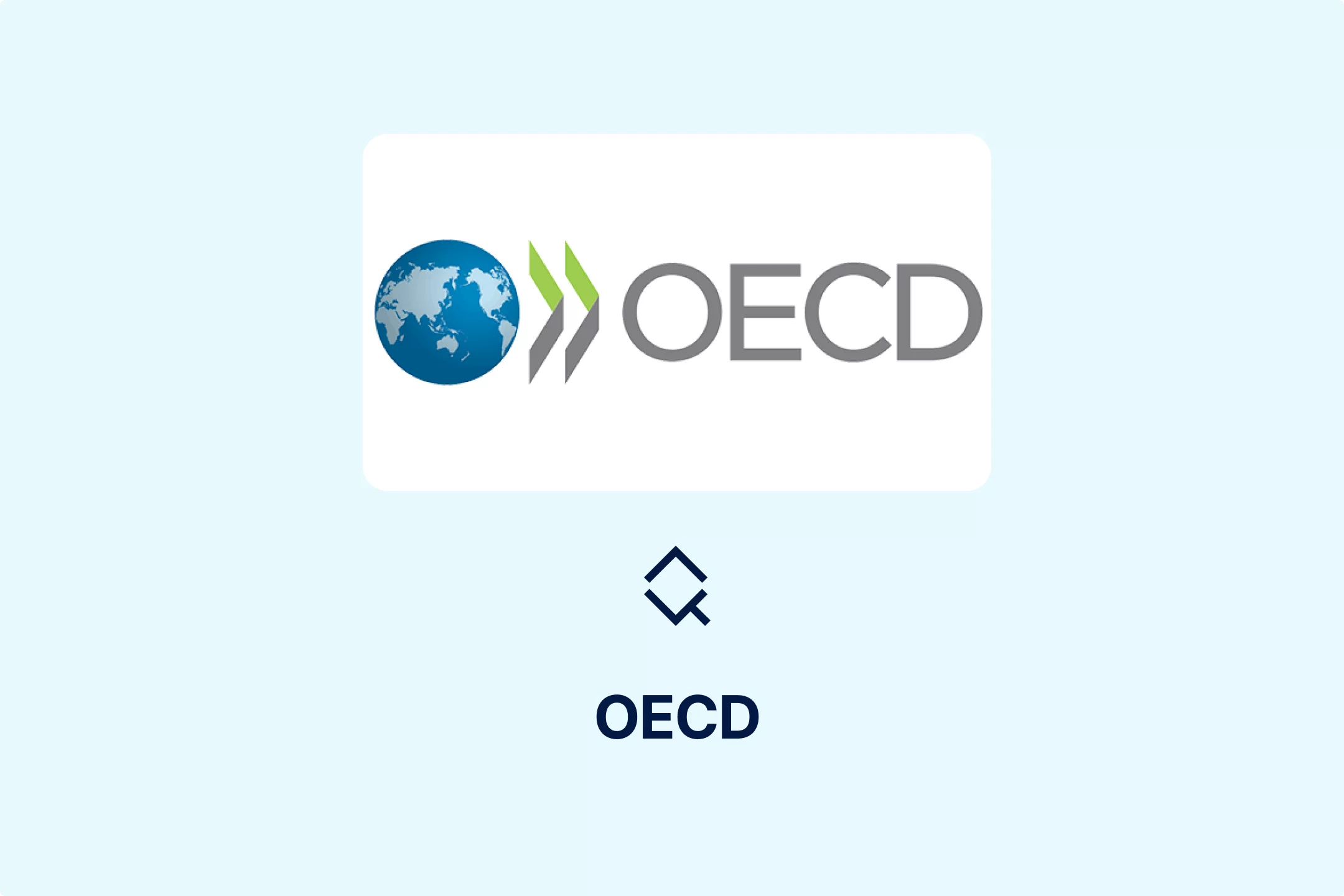











-7xdqdopxl6.webp)



-a9bz8kz2cs.webp)






























